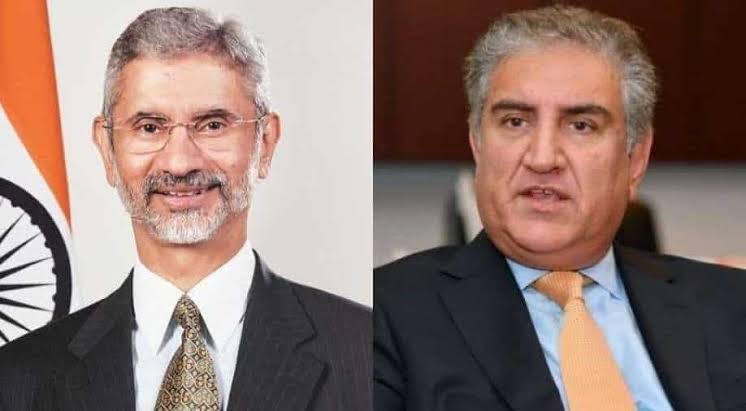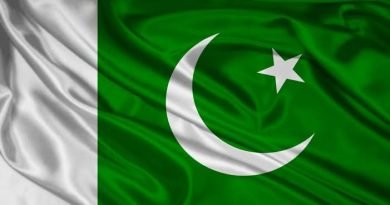India, Pakistan foreign ministers likely to meet at ‘Heart of Asia’ conference in Dushanbe
New Delhi: External Affairs Minister S. Jaishankar and his Pakistani counterpart Shah Mahmood Qureshi are likely to hold a meeting on the sidelines of the ‘Heart of Asia’ conference in Tajikistan capital Dushanbe, ThePrint has learnt.
According to diplomatic sources, Islamabad is pushing for the meeting between both ministers, who will be attending the conference on 30 March. The conference is part of the Istanbul Process — a regional initiative on security and cooperation for a stable and peaceful Afghanistan — that was launched on 2 November 2011 in Turkey.
Pakistan has informed India through diplomatic channels that FM Qureshi is keen to meet EAM Jaishankar as relations between the two neighbours are showing some initial signs of thaw, the sources said.
Both ministers are likely to discuss the issue of “reinstatement” of envoys in each other’s countries at the earliest, the sources said.
On 7 August 2019, two days after the abrogation of Article 370, Pakistan decided to downgrade diplomatic ties with India. Subsequently, New Delhi recalled its High Commissioner. Pakistan had also suspended all trade ties with India at the same time.
The ministers may also discuss how to move ahead with the next round of the SAARC Summit — which has been pending since 2016 following tensions between India and Pakistan over the Uri attack — to take place in Islamabad later this year, the sources added.
If the summit happens this time, then there are significant chances of Prime Minister Narendra Modi visiting Islamabad to attend the meet, the sources said.
Calls for moving forward from Pakistan
The latest developments come after Pakistan Army Chief General Qamar Javed Bajwa said Thursday in Islamabad that it is time to “bury the past and move forward”.
However, addressing a conference, Bajwa also added that the issue of Kashmir is “obviously at the heart of this”. “It is important to understand that without the resolution of Kashmir dispute through peaceful means, [the] process of sub-continental rapprochement will always remain susceptible to derailment due to politically motivated bellicosity,” he said.
Earlier this month, Pakistan Prime Minister Imran Khan also sounded conciliatory towards India and batted for greater trading relationship with New Delhi.
On 25 February, India and Pakistan DGMOs also agreed to maintain peace at the Line of Control, which is seen as the first step in the thawing of ties that steadily deteriorated post the Pulwama attacks of February 2019 in which 40 Indian security personnel were killed.
Ever since the Joe Biden administration came to power in the US in January, there have been signs of a growing rapprochement between India and Pakistan.
After the DGMO joint statement, the US State Department had welcomed the move.
“We have continued to follow very closely developments in Jammu and Kashmir. Our policy towards the region has not changed. We call on all parties to reduce tensions along the Line of Control by returning to the 2003 ceasefire commitments,” US State Department Spokesperson Ned Price said earlier this month.
According to the Ministry of External Affairs (MEA), India is not averse to having “normal neighbourly relations with Pakistan in an environment free of terror, hostility and violence”. “The onus is on Pakistan for creating such an environment,” Anurag Srivastava, spokesperson, MEA, said at a press briefing after the DGMO move. (The Print)




